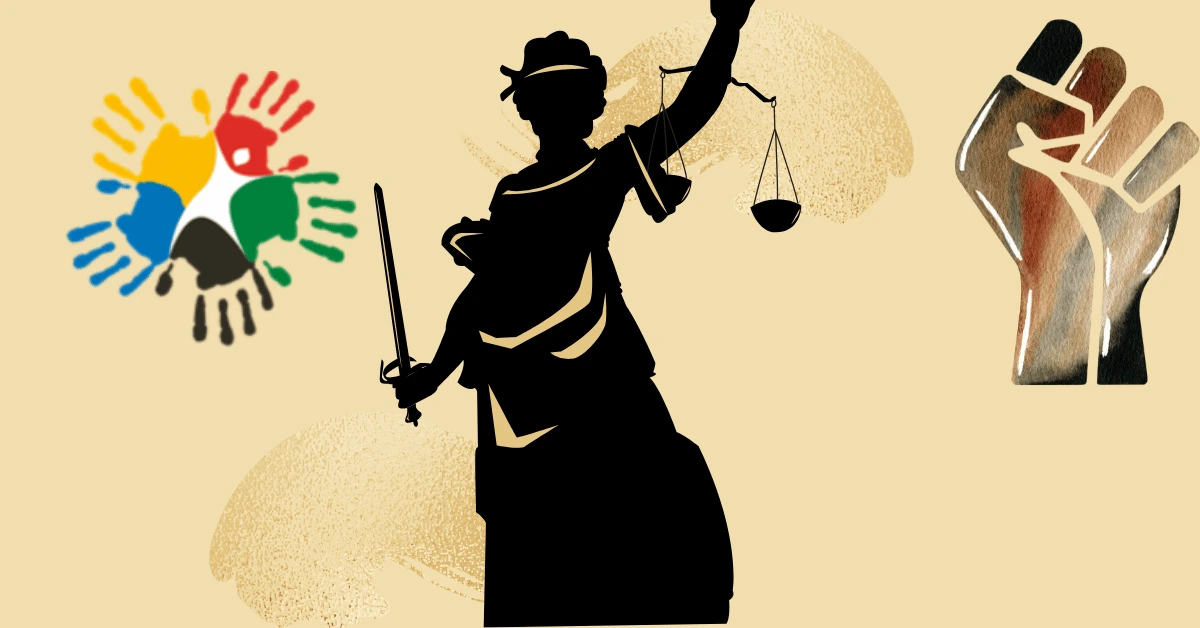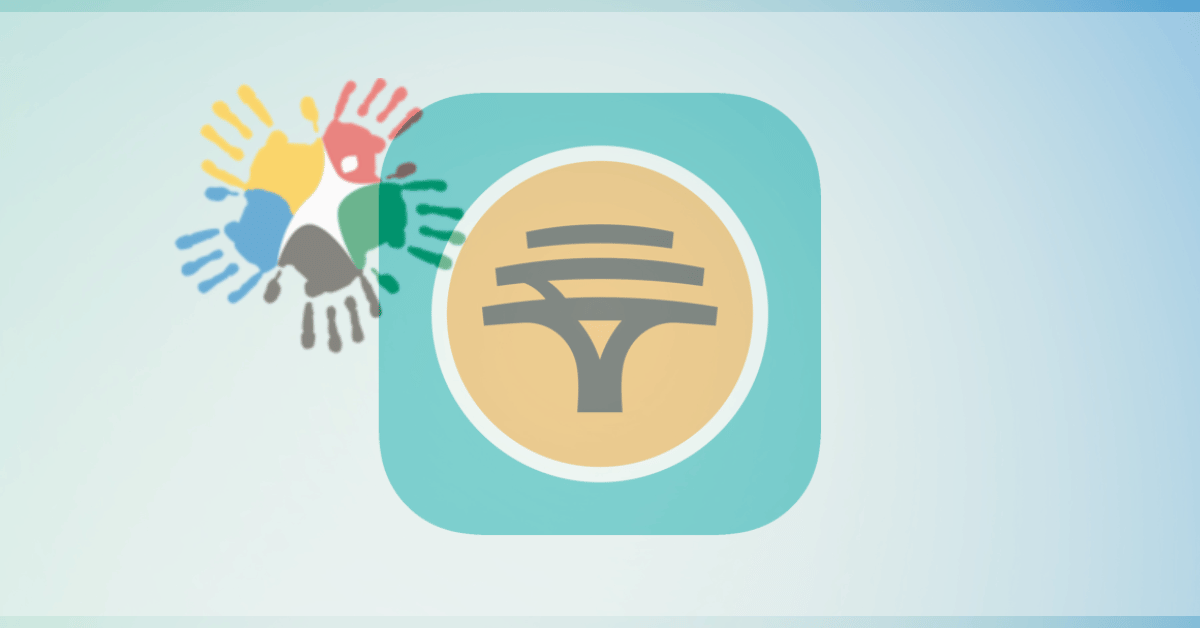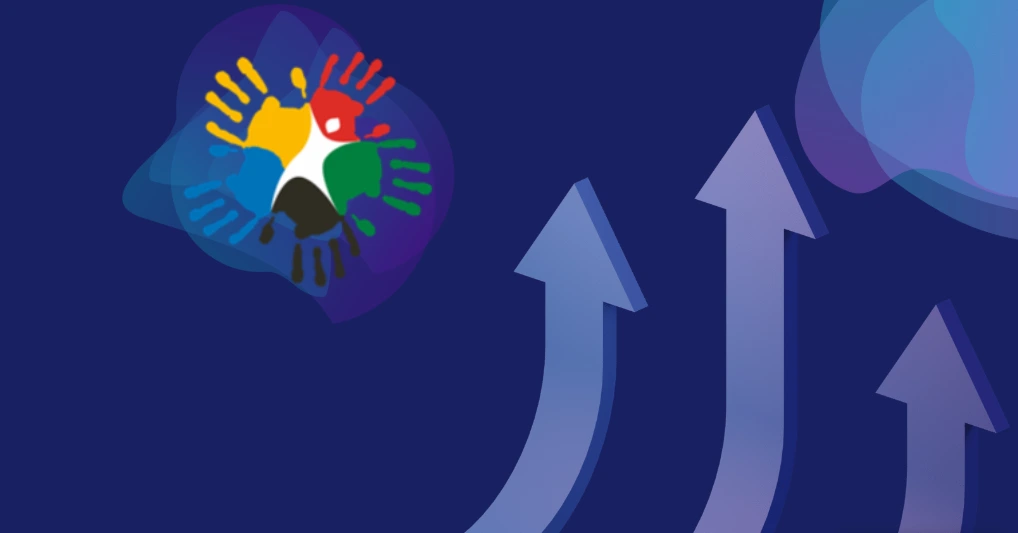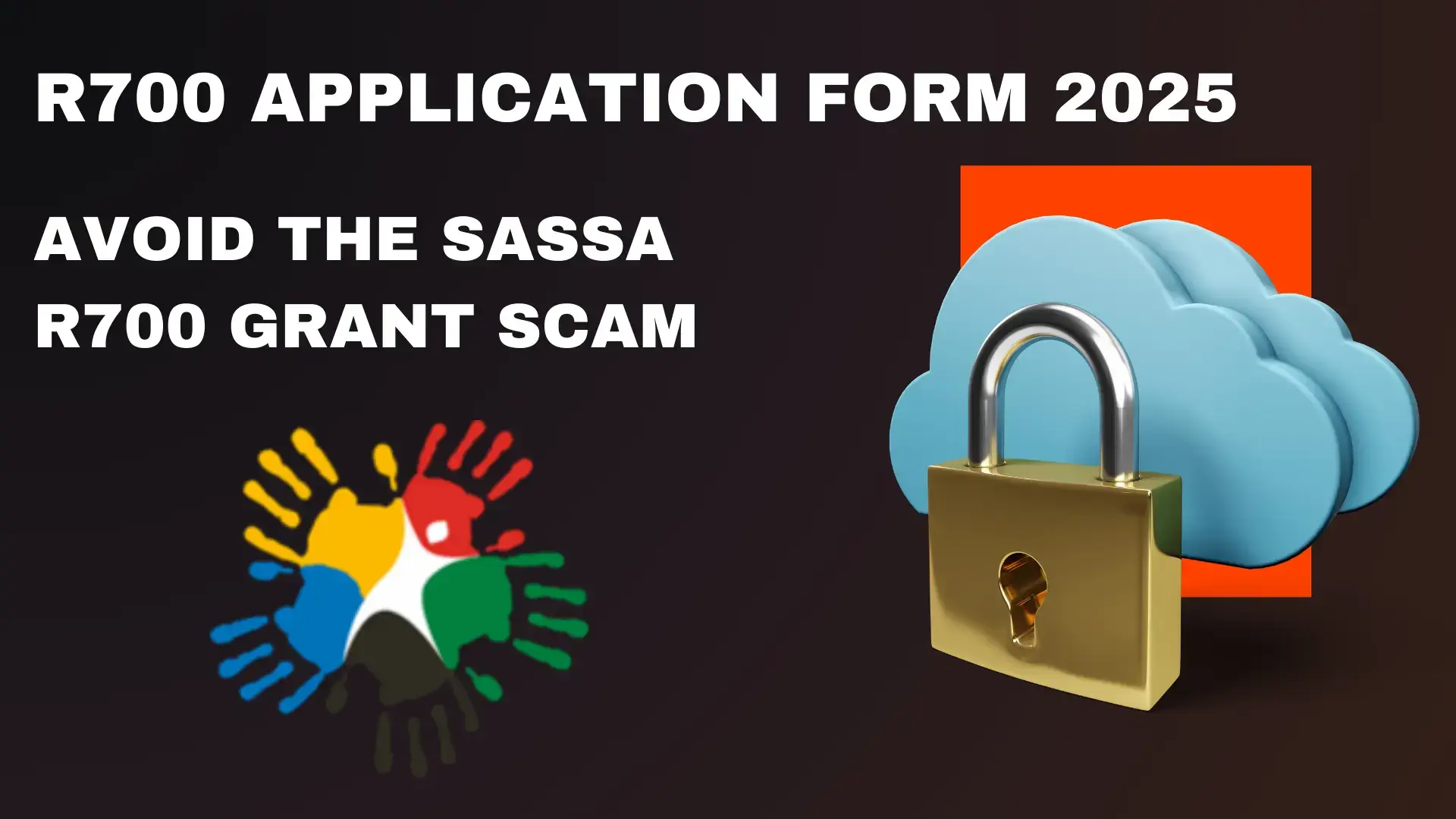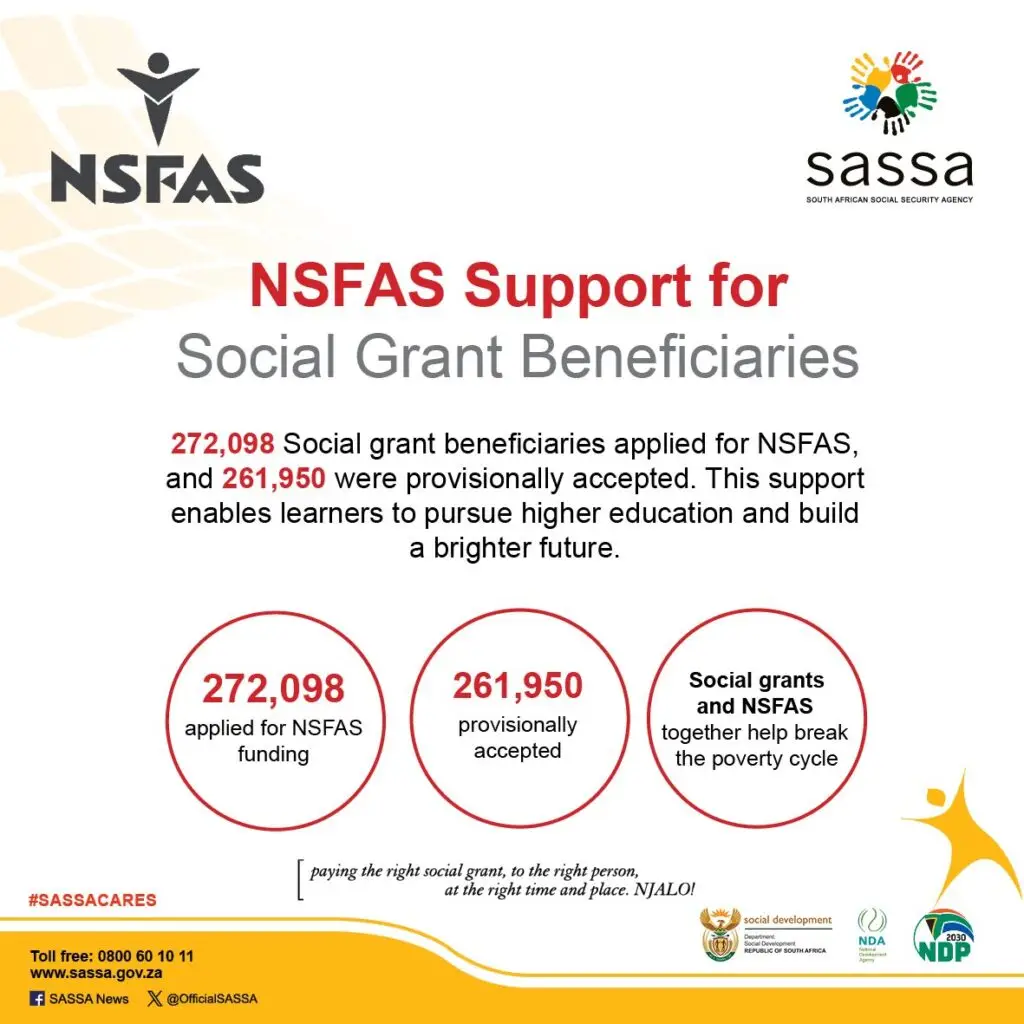The Social Relief of Distress (SRD) grant in South Africa may see significant changes in 2025 following a recent court ruling that challenges its current funding model. If implemented, these changes could cost the government an additional R35 billion per year, increasing the number of qualifying recipients by millions.
With the 2025 National Budget Speech set for 19 February, attention has shifted to how the government will respond and whether the SRD grant amount itself will increase.
Will the SRD Grant Increase in 2025?
Currently, the SRD grant remains at R370 per month, and no official increase has been confirmed. However, a recent high court ruling stated that the government cannot exclude eligible individuals based on budget constraints alone.
This decision challenges the government’s long-standing position that the SRD grant is temporary and subject to annual budget approval. As a result, the number of qualifying recipients could jump from 10.5 million to 18.3 million people, requiring additional funding.
Government Response
The National Treasury has acknowledged the ruling and stated that it is still reviewing the legal and fiscal implications. An appeal may be considered, but as of now, the 2025 Budget Speech will need to address how this ruling impacts South Africa’s social spending.
“The affordability of the grant from a fiscal perspective cannot be the reason to exclude people who cannot support themselves.” – High Court Ruling, January 2025
How Much Will the SRD Grant Cost South Africa?
The potential increase in SRD grant recipients would require an extra R35 billion annually, assuming the grant amount remains at R370 per person per month.
Financial Breakdown
- Current Budget: R370 x 10.5 million recipients = R46.5 billion per year
- Projected Budget (if expanded): R370 x 18.3 million recipients = R81.2 billion per year
- Additional Cost: R35 billion per year
This raises concerns about how the government will fund the expansion—potentially through higher taxes, spending cuts, or new revenue measures.
Who Will Qualify for the SRD Grant in 2025?
The court ruling suggests that eligibility criteria may be expanded, but exact details have yet to be confirmed. Currently, to qualify for the R370 SRD grant, applicants must:
✅ Be unemployed and not receiving other social grants or UIF payments
✅ Have a monthly income below R624
✅ Be a South African citizen, permanent resident, or asylum seeker
✅ Be between the ages of 18 and 59
If the government complies with the ruling, income thresholds or application restrictions may change—potentially allowing millions more South Africans to qualify.
What to Expect in the 2025 Budget Speech
With growing fiscal pressure, the government may introduce tax changes to fund social spending. Several proposals have been suggested, including:
🔹 Increasing VAT zero-rated items to ease cost pressures for lower-income groups
🔹 Raising corporate income tax to 28%
🔹 New progressive wealth taxes for high-net-worth individuals
🔹 Higher personal income tax on top earners
🔹 Eliminating tax breaks for high-income earners
Will the SRD Grant Itself Increase?
While the court ruling may expand the number of recipients, there is no official confirmation that the R370 amount will increase. However, with inflation and cost-of-living concerns, policymakers may consider adjusting it.
Next Steps: When Will Final Decisions Be Made?
The National Budget Speech on 19 February 2025 will provide clarity on:
✅ Whether the SRD grant amount will increase
✅ How the government plans to fund the R35 billion shortfall
✅ Any changes to tax policies or social spending
South Africans can also submit their own budget proposals before 10 February 2025 through the National Treasury’s official Budget Tips platform.
What This Means for SRD Grant Recipients
The SRD grant is not officially increasing yet, but the number of people who qualify may grow significantly due to the court ruling. The government’s response, expected in the 2025 Budget Speech, will determine how this expansion will be funded and whether the monthly R370 amount will be adjusted.
For now, SRD recipients should monitor updates from National Treasury and SASSA for official announcements.
Sources & Further Reading
🔗 National Treasury Budget 2025 Updates
🔗 SASSA SRD Grant Application & Criteria
🔗 [Full Court Ruling on SRD Grant ]
